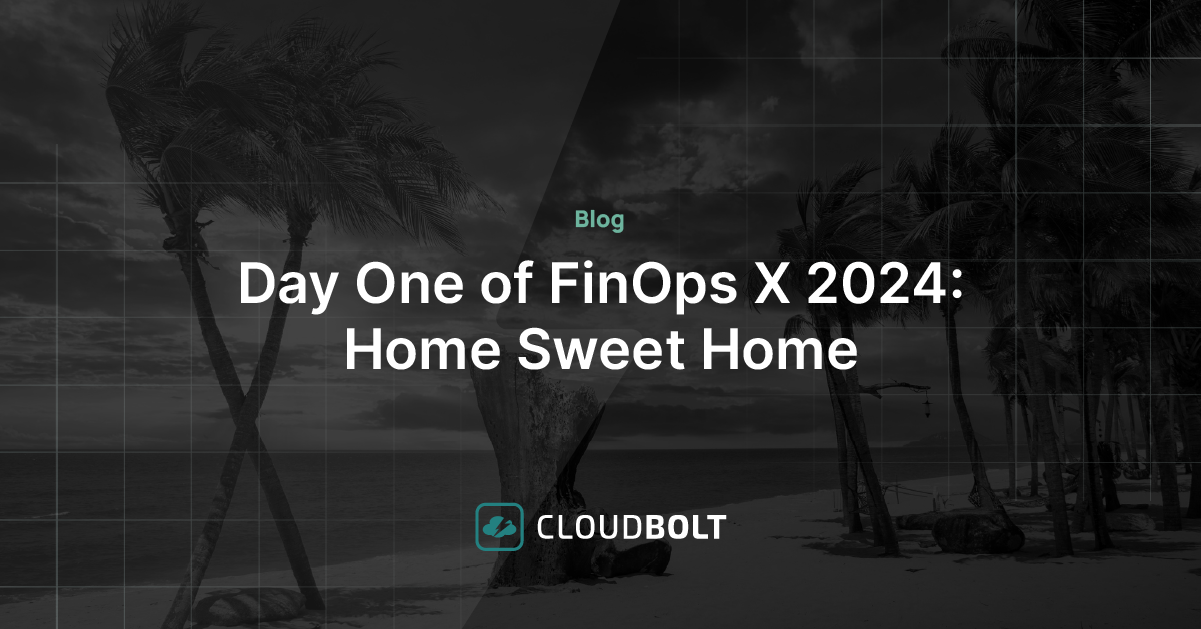Cloud Platform Vendors: Who Are Top Dogs in 2020?

Cloud computing has grown in leaps and bounds over the last 10 years. It’s now a vast and complex ecosystem of services, products, and technologies. It has given rise to multi-billion-dollar companies that are in cutthroat competition for the ever-expanding cloud market.
As the market for cloud computing grows, enterprises are struggling to understand the complex ecosystem. Here are the top cloud platform vendors. We’ll go over them to see how they stack up against each other in terms of market share.
Cloud Platform Vendor Market Share
According to Gartner, the cloud market has five major vendors that account for almost 80 percent of the market as of 2018. These vendors include Amazon, Microsoft, Alibaba, Google, and IBM. Let’s take a deep dive into these providers going into 2020.
Amazon Web Services (AWS)
AWS is by far the largest cloud platform vendor in the world. The company accounts for almost half the market. With a market share of 48 percent, there’s little to show that the company will slip down the pecking order going forward. In the last quarter of 2019, the company reported revenue of $9 billion. This represents a 34 percent growth from the previous year.
While AWS is only 11 percent of Amazon’s total revenue, it serves as the company’s cash cow, given its dominance. Experts predict that AWS will generate revenue of around $44 billion in 2020.
Want to see how CloudBolt supports AWS? Download this snapshot today.
Microsoft Azure
Microsoft comes in at a distant second with a market share of 15.5 percent. Gartner estimated that Azure had revenue of about $5 billion in 2018. The company reported total revenue of more than $20 billion in 2019. The exact figures from Azure remain a mystery. The company continues to mask the actual revenue by reporting a combined “commercial cloud business” revenue. Experts estimate that Azure will generate revenue of $19 billion in 2020.
Alibaba
With a market share of about 7.7 percent, according to Gartner, Alibaba generated revenue of $2.49 billion is 2018. In 2019, the company reported revenue of $3.68 billion. The company’s cloud business represents 7 percent of its annual revenue. With a year-on-year growth rate of 66 percent, Alibaba Cloud is making waves in the cloud business. Alibaba’s success is down to its unchallenged market dominance in China.
Google Cloud Platform (GCP)
Gartner estimates that GCP commands 4 percent of the global cloud business with revenue of $1.3 billion. It had a growth rate of 60 percent in 2018. In 2019, Google reported cloud revenue of $8.9 billion. These figures suggest that GCP has overtaken Alibaba. But this isn’t verifiable given they combine GCP revenue with its G Suite offering.
See how cloud management from CloudBolt enhances GCP with this product snapshot.
IBM
With a market share of only 1.8 percent, according to Gartner, IBM had annual revenue of $577 million in 2018. This represented an annual growth rate of 24 percent. The company is clearly on the warpath, and it made its intention known with its acquisition of Red Hat.
Conclusion
The cloud market is a faceoff of familiar names – Google, Microsoft, and Amazon. This is no coincidence. These tech giants have the resources needed to research and develop new products that set the pace in the cloud business. The landscape is unlikely to change going forward.
Experience the leading hybrid cloud management and orchestration solution. Request a CloudBolt demo today.
Related Blogs

The Future of Cloud Cost Management and Optimization is Here with CloudBolt
It’s an exciting time to be in the Cloud Cost Management and Optimization space. The landscape is quickly changing as…

